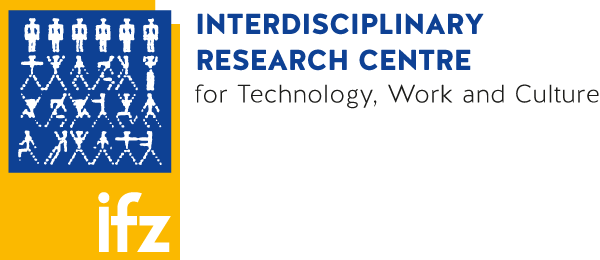Integration through Cooperation (InteKoop)
Both the framework conditions for the cooperation between Austrian grid operators and decentralised plant operators and practical cooperation experiences will be analysed, focusing on decentralised renewables.
Federal Ministry for Transport, Innovation and Technologie(BMVIT), Programme „Energy Systems of the Future“
2004-2006
- Öko-Institut e.V., Freiburg (Dierk Bauknecht)
- EEG ,TU-Wien (Hans Auer)
- IZES, Saarbrücken (Uwe Leprich)
Strategies will be developed to improve this cooperation. The objective is to reduce the barriers for an increase in the deployment of decentralised generation, with a focus on decentralised renewables. The following two key aspects will be analysed:
REGULATORY FRAMEWORK: How is the incentive structure of both grid and plant operators influenced by the Austrian regulatory framework? How could the regulatory framework be amended to improve cooperative behaviour?
‘SOFT’ MEASURES: Against this background, it will be analysed what kind of soft measures for promoting cooperative behaviour can be found WITHIN the existing regalutory framework and which ones could be applied. The project will provide the first comprehensive analysis of the conditions for cooperation and practical experiences in this field. Both best-practice examples in Austria and international experiences will be used to derive recommendations as how to make the cooperation between grid and plant operator as smooth as possible. Thereby, the integration of such plants into the existing system can be improved at least cost. The projects also aims at providing a forum where different stakeholders can discuss the conditions for successful cooperations and win-win options.
The project will result in a comprehensive analysis of how the Austrian regulatory framework affects the incentive structure and cooperation between actors and how this cooperation can be improved.
